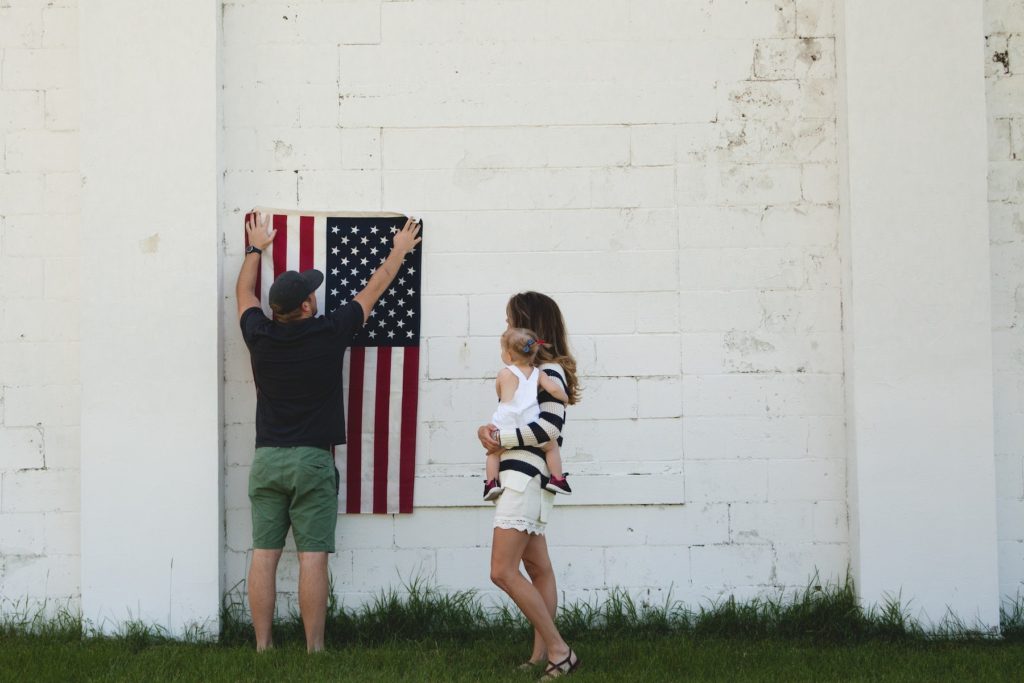As a new homeowner, ensuring the safety and security of your home should be a top priority. From deterring burglars to preventing accidents, there are various measures you can take to protect your property and loved ones. In this comprehensive guide, we’ll explore essential home safety and security tips that every first-time homeowner should know.
Invest in a Home Security System
One of the most effective ways to protect your home is by installing a reliable home security system. A good security system typically includes cameras, motion sensors, and an alarm system that can alert you and the authorities in case of a break-in. With advances in technology, many modern security systems can be controlled remotely via smartphone apps, allowing you to monitor your home even when you’re away.
Secure Your Doors and Windows
Securing your doors and windows is another crucial step in enhancing home security. Make sure all entry points are equipped with sturdy locks and consider installing deadbolts for added protection. For sliding doors and windows, placing a wooden dowel or security bar in the track can prevent them from being forced open. Additionally, consider reinforcing glass windows with security film to make them more resistant to break-ins.
Illuminate Your Property
A well-lit exterior can help deter potential intruders and make your home less vulnerable to break-ins. Install outdoor lights around your property, especially near entry points and dark corners. Motion-activated lights are particularly effective as they startle intruders and alert you to any suspicious activity. Consider using energy-efficient LED bulbs to save on electricity costs while keeping your home safe.
Maintain Your Landscape
While you may not immediately think of landscaping as a security measure, maintaining your yard can actually help improve home safety. Trim bushes and hedges near windows and doors to eliminate potential hiding spots for intruders. Avoid planting tall shrubs close to the house, as they can obstruct the view of your property from the street and provide cover for unwanted visitors. A well-groomed yard not only enhances curb appeal but also reduces the risk of break-ins.
Get to Know Your Neighbors
Building a good relationship with your neighbors can contribute to a safer community environment. Neighbors can look out for each other’s homes, collect mail when someone is away, and report any suspicious activity to the authorities. Joining a neighborhood watch program, if available, can further strengthen community bonds and improve home security for everyone.
Secure Valuables
In addition to safeguarding your home against intruders, it’s essential to protect your valuables in case of theft or natural disasters. Consider investing in a fireproof safe to store important documents, jewelry, and other valuables. Make an inventory of your possessions, including serial numbers and photographs, to facilitate insurance claims in the event of a theft or disaster. Keep digital copies of important documents in a secure cloud storage for easy access and backup.
Practice Fire Safety
Home safety goes beyond just protecting your property from intruders; it also involves preventing accidents and disasters like fires. Install smoke detectors on every level of your home and test them regularly to ensure they are in working order. Create a fire escape plan with designated meeting points and practice drills with your family to ensure everyone knows what to do in case of a fire emergency.
Childproof Your Home
If you have young children or pets, childproofing your home is essential to prevent accidents and injuries. Install safety gates at the top and bottom of stairs to prevent falls, cover electrical outlets with safety plugs, and secure heavy furniture to the walls to prevent tipping. Keep hazardous materials like cleaning products and medications out of reach and store them in locked cabinets.
Secure Your Wi-Fi Network
In today’s digital age, securing your home goes beyond physical measures; it also involves protecting your online presence. Secure your Wi-Fi network with a strong, unique password to prevent unauthorized access to your personal information and devices. Consider setting up a guest network for visitors to ensure they don’t have access to your private network and sensitive data.
Conclusion
By implementing these home safety and security tips, you can create a safer and more secure environment for you and your family. Remember that home security is an ongoing process, and regular maintenance and updates to your security measures are essential to keep your home protected. Stay proactive, stay vigilant, and enjoy peace of mind knowing that you’ve taken steps to safeguard your home.
Photo by Unsplash


